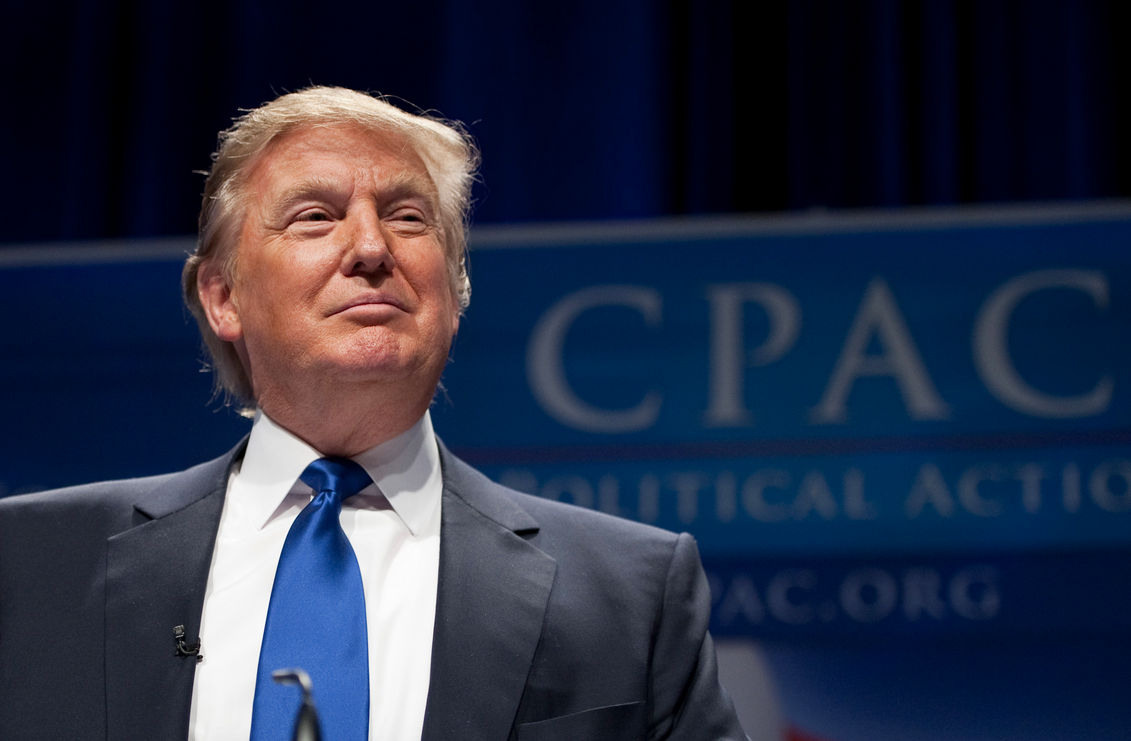On his weekly hour of Firing Line, William F. Buckley often quipped to representatives of contrary views, “I would like to take you seriously but to do so would affront your intelligence.” Were he alive today, I am suspicious Buckley might employ it again in the direction of both Donald Trump and his supporters. It is tempting to, as much of the media has, fall in line with the tone of mockery when discussing those that support the immodest billionaire. But, given that “The Donald” has now entered double digits in primary wins, his campaign is becoming something other than a laughing matter.
In exit polls of the South Carolina primary, 76% of voters either identified as strongly or somewhat strongly valuing nominating a candidate whose religious values align with their own. Of that 76%, 34% voted for Donald Trump. On “Super Tuesday”, Trump won the evangelical vote in ten of eleven states. This would be unsurprising, were one unaware of the values America’s favorite aspiring demagogue.
There is an abundance low-hanging fruit to be reached for when discussing incongruities between Trump and the evangelical base that so religiously supports him. Apart from his immodest avariciousness, “The Donald” claims that he has never asked any god for forgiveness. Further, when asked if he preferred more the Old or New Testament, he quipped that he regarded them as “probably equal.” To anyone familiar with evangelical culture, one would expect each of these things to put voters at odds with the person they are most ready to support for President.
But not only is this untrue of this election cycle, it has been untrue of evangelicals for some time, as they have historically tended to, excuse the pun, allow policy to trump personal life. Ronald Reagan, the messiah of modern conservatism, had a divorce. The Mormonism of Mitt Romney was overlooked. With this in mind, it must be a mistake to, as much as the public has, conclude that because Trump’s personal life does not align with evangelical religious doctrine, evangelical voters are irrational hypocrites deserving of mockery. These traits may well be true of evangelicals, but I say something that may well upset the entirety the liberal world: given the assumptions evangelicals make about the world and their conceptions of “the other”, supporting Donald Trump is a rational position.
It is no secret that evangelical Christians feel alienated by an increasingly politically correct, secular American media. If Trump is anything, he is a foil to the idea that political correctness dominates American media. He has hijacked the adage, “If it bleeds, it reads,” with an apparent adage of his own: “if it offends, it trends.” In the eyes of evangelical Christians, though they doubtlessly oppose some of his mannerisms, Trump is seen as a valiant combatant of the politically correct, secular media. I might add here that with this in mind, media mockery of “The Donald” often serves the ironic purpose of galvanizing support among his evangelical base.
But I think that there is a deeper, more instinctive reason for evangelical support of Trump. Consider that evangelical conservatives are the group most likely to identify and Muslims as terrorists. “The Donald”, in his genuinely savvy demagogy, parties prejudice of this kind. It is laughable the extent to which the world is familiar with one bigot’s desire to ban adherents to a specific religion from entering America. But the reason we are discussing these positions is that a large minority of the American population supports them.
So I am altogether bored with discussion of why most of the world should deplore this position. Why do evangelical Christians support it in such significant mass? I say that, at the root, this support is tribal. Physical fear of Muslim “terrorists” is not the only insecurity that Trump’s policies appeal to. There is at least one pervasive feature of evangelical culture that is far too seldom discussed: ideological insularity. Of course, a certain degree of such insularity appears a necessary prerequisite for believing that the master plan of an almighty god includes using mostly-southern United States as its ideological strongholds.
Though most may regard Trump as possessing all of the traits of a dog – except loyalty, it is time that America engages seriously those people that earnestly support him. To the evangelical conservative that feels disenfranchised by the politically-correct media and threatened by a Muslim “other”, Trump offers to stand in opposition to secular political-correctness and ban peaceful Muslims that might force evangelicals to radically question their ideas. When these stances are viewed through an evangelical lens, Trump is much more than a presidential candidate – he’s a godsend.



